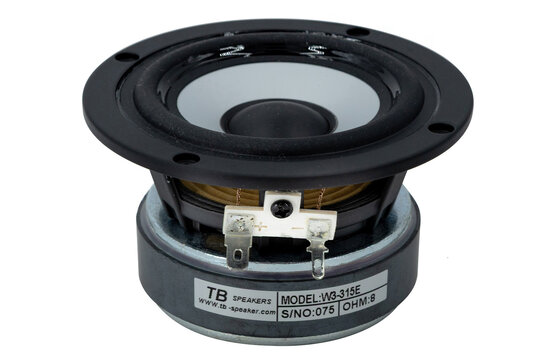3" | 8 Ω








€ 38,45 3 Op voorraad
- Gratis verzending vanaf € 99
- Voor 16u besteld, vandaag verstuurd
- Ten minste twee jaar garantie
- 45 dagen bedenktijd voor retourneren
-
Klantbeoordeling:

 Home audio
Home audio  Audio componenten
Audio componenten  Crossover componenten
Crossover componenten  Test- & meetapparatuur
Test- & meetapparatuur  DIY kits
DIY kits  Accessoires
Accessoires  Nieuwe producten
Nieuwe producten No account yet? Account aanmaken
Uw winkelwagen is leeg
 Home audio
Home audio Audio componenten
Audio componenten Crossover componenten
Crossover componenten Test- & meetapparatuur
Test- & meetapparatuur DIY kits
DIY kits Accessoires
Accessoires Nieuwe producten
Nieuwe producten
Bent u een zakelijke koper en heeft u interesse in hogere aantallen? Kom via dit formulier met ons in contact. Om uw aanvraag zo compleet mogelijk te maken vragen we u om uw bedrijfsnaam, bedrijfsactiviteiten en adres te vermelden. Ook zijn we benieuwd in welke aantallen u interesse heeft en of het om een eenmalige of periodieke bestelling gaat.
Offerte aanvraag is verzonden!
We nemen zo snel mogelijk contact met u op.
















3" driver with an aluminum/magnesium cone, rubber surround, and cast aluminum frame.
Tang Band W3-315E 3" Aluminum/Magnesium Full Range Driver
3" driver with an aluminum/magnesium cone, rubber surround, and cast aluminum frame. The rigid cone offers a very clean and clear midrange with a strong midbass.
Toon meer
Toon minder
Toon meer
Toon minder
Toon meer
Toon minder